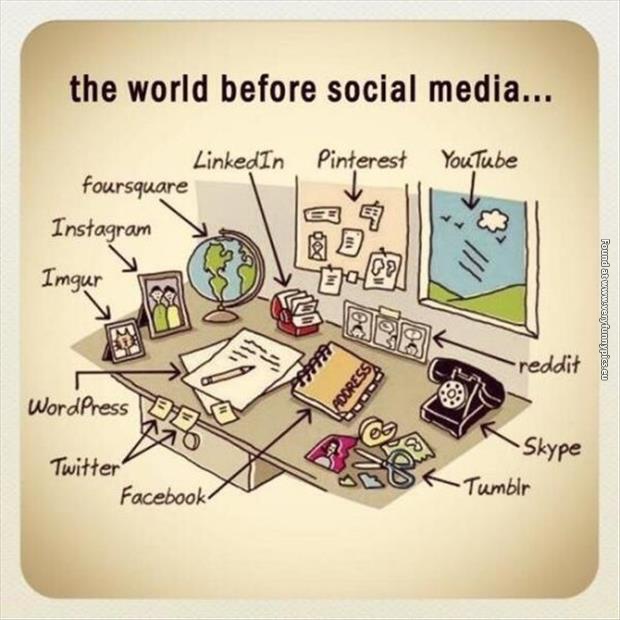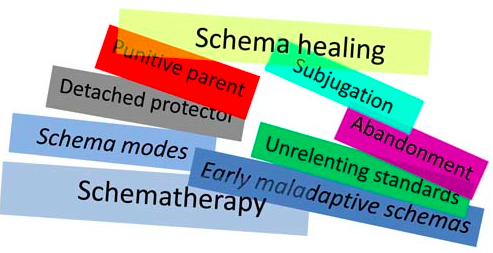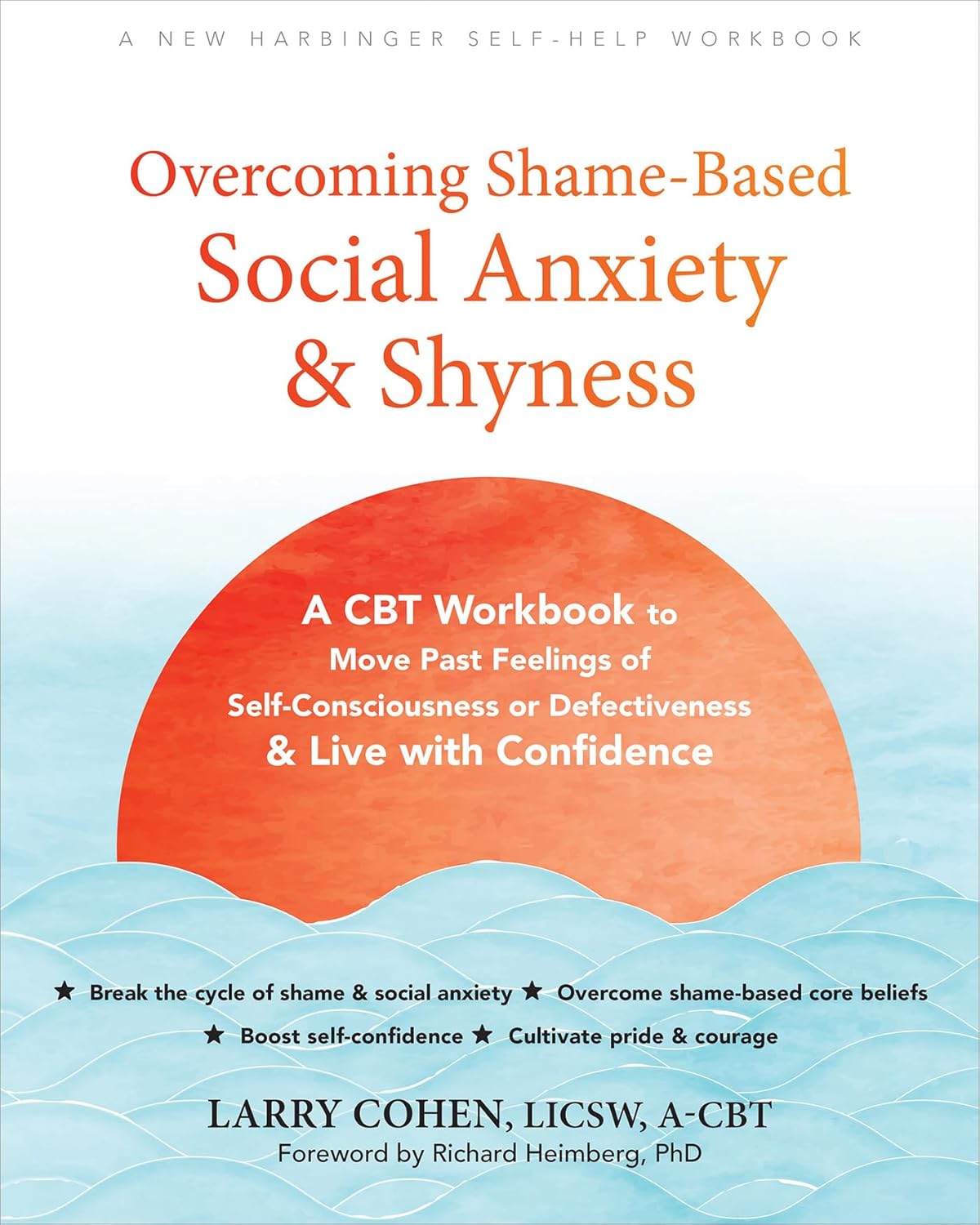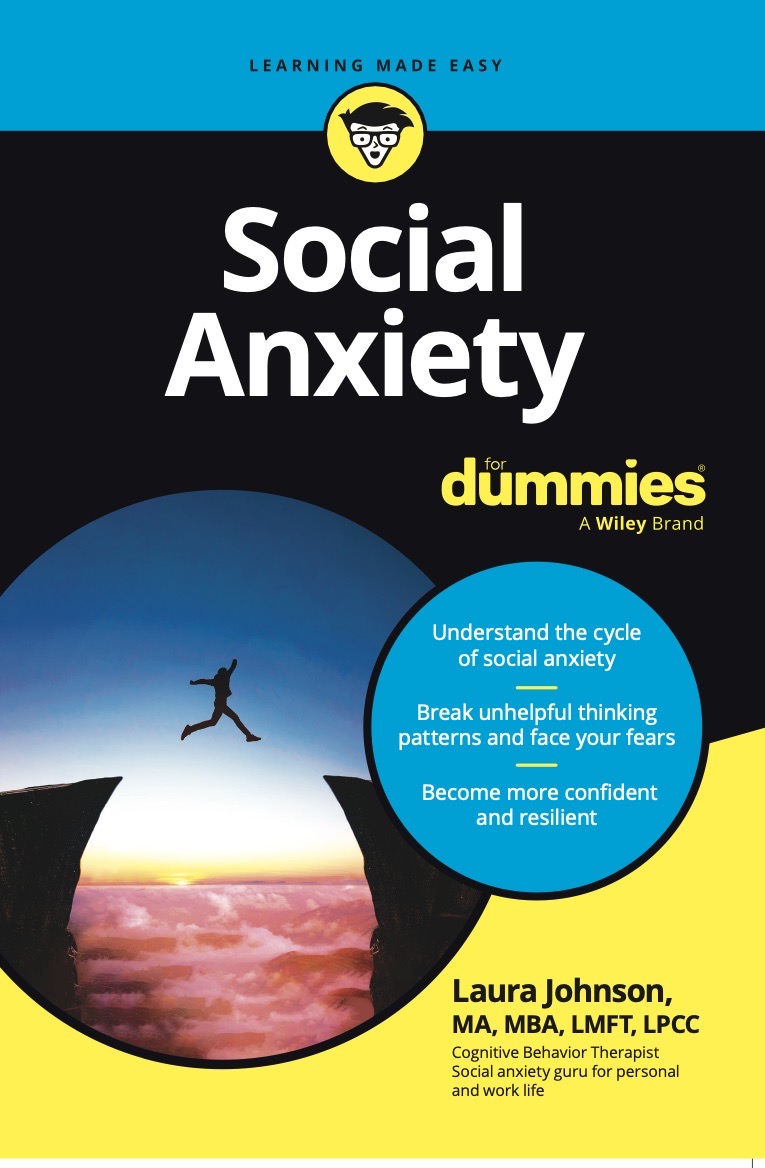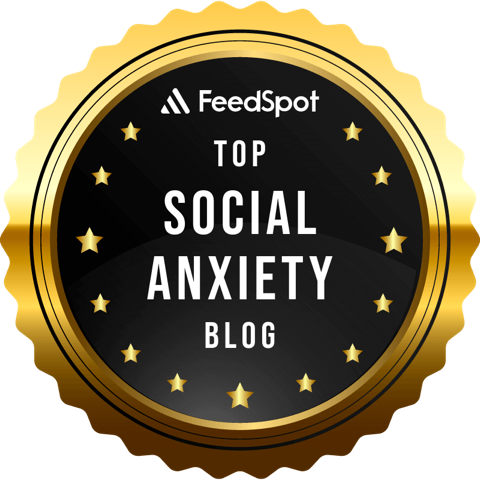The postpartum period is often marked by hormonal fluctuations, lack of sleep, and stress as parents navigate their new roles. For approximately 10% of parents (moms and dads alike!), this stress progresses into an anxiety disorder, with generalized anxiety disorder being the most commonly diagnosed followed by social anxiety disorder (SAD).
However, very little research has been conducted on the presentation and impact of postpartum SAD. What we do know is that many new parents experience increased social pressures immediately following birth that continue throughout parenting. The result can be a fear of judgment and negative evaluation regarding their parenting that is at the core of SAD. Often, new parents find themselves fearing the unsolicited evaluations, opinions, and negative feedback of family, friends, and even strangers.
This can be accompanied by reducing social contact thus worsening overall well-being and access to supports. Here are some evidence-based strategies to decrease negative thinking and increasing social support when experiencing postpartum SAD.
Check Your Thoughts

Imagine this common parenting situation – you finally get out of the house and head to the grocery store. When you arrive, you aren’t in the store 5 minutes when your baby starts to cry. Your first thought may be “everyone is staring at me,” followed by an anxious assumption that, “they think I’m a bad parent,” and an action urge to leave. When these negative thoughts start, work to examine if this thought is based on facts or your own interpretation of the situation. Does a glance over really mean they think I’m a bad parent or could it be that I am just imagining that I can read their minds? Then, aim to consider a more realistic, neutral thought that is based on facts rather than assumptions. For example, try out the following more neutral thought:
“My baby can (and will) cry, as all babies do, and that doesn’t mean I’m a bad parent!”
Finally, practice self-compassion and be kind to yourself. You are just getting to know your baby and what it feels like to be a new parent. Give yourself time to settle in this role.
Get Out of the House
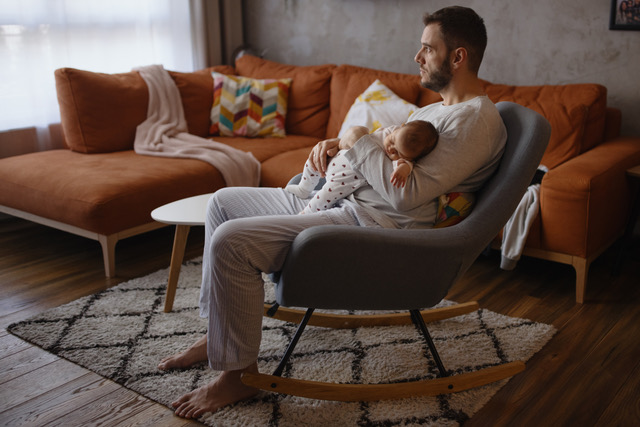
It can feel daunting and overwhelming to load up all the gear and venture out of the house for the first time. As we fumble navigating the stroller and the big diaper bag, we can feel like all eyes are on me. The key here is to start small. Start by going for a small walk outside the house, or to a location where you feel comfortable taking your time to settle in. Once you feel comfortable with these small outings, then slowly expand to bigger outings. Although bigger and longer outings in less familiar areas are likely to trigger more anxiety, you’ll be surprised to find that you have gained more confidence and comfort in your role. The more familiar you become with your baby’s reactions and routines, the easier everything becomes.
It is normal to find that some settings felt easier before kids, but are harder now. While it may feel natural to avoid these situations with a new baby, avoidance can actually increase your anxiety. It will be hard at first, but the more you do, the less anxious you will feel. No matter how small an outing, congratulate yourself! It can be tough leaving the house but any step forward is a step in the right direction!
Find a Support System

A lot changes in the postpartum period in terms of social connections and the ways in which our social values—what is important to us— get fulfilled. It is important to find individuals that match your parenting values to provide the social support that matches your current needs. Sometimes, this may mean that you become closer to people that you weren’t as close with before having a baby. It also might mean that you find some pre-baby relationships not as easy to sustain. Again, it is important to give yourself grace as you take your time to find your parenting tribe.
Going back to our ‘check your thoughts’ strategies, you may find yourself overwhelmed with advice from friends, family and social media that makes you feel like what you are doing is wrong. Rather than framing our parenting behavior as “bad” or “wrong” try to reframe it as not being a “match” or not being aligned with your emerging parenting values. Remember, you are doing what is right for you and that may look different from family to family. And that is okay. The most important thing is to find individuals supportive of your values.
When experiencing social anxiety, we are often our own toughest critics, and babies certainly do not provide reliably positive feedback! Try to approach this initial stage with self-compassion. Give yourself time and space to learn who you are as a parent and approach your new baby with curiosity. No two babies are alike, and as you get to know your own baby, make sure to show yourself kindness and empathy.
Postpartum Support International (PSI) is dedicated to helping families suffering from postpartum depression, anxiety, and distress with a mission to promote awareness, prevention and treatment of mental health issues related to childbearing in every country worldwide. Check out their website for more resources and a directory of providers trained in postpartum mental health.
Written by Julie DiMatteo, PhD, ABPP
NSAC North Jersey
(CBT Specialists of New Jersey)


